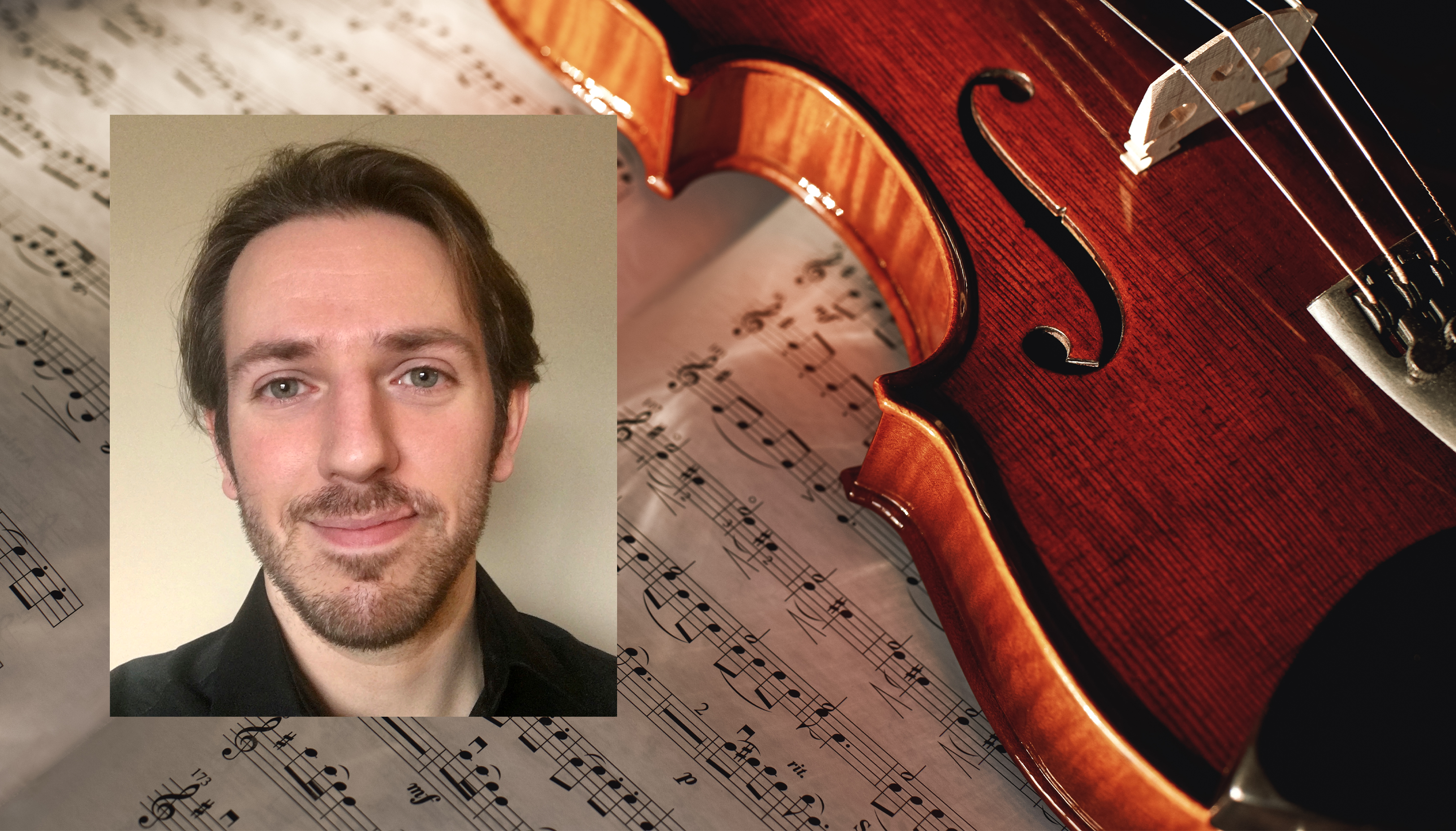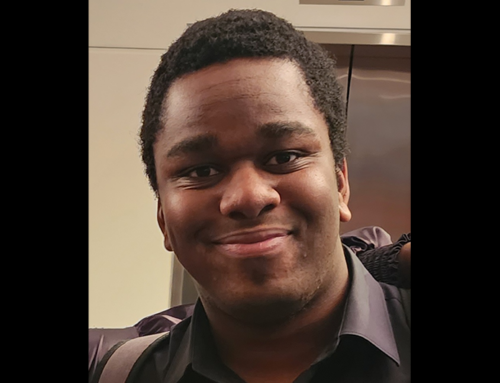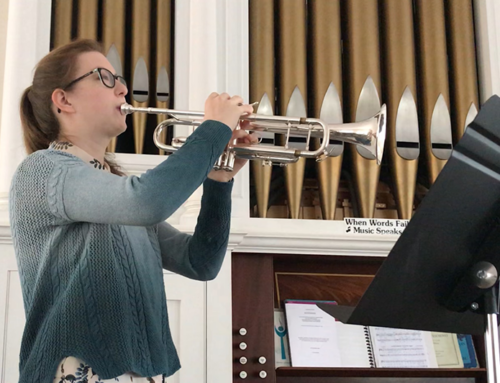By Garrett Smelcer ’22, Music
I am a very lucky student in the relatively new music program at Rensselaer Polytechnic Institute (RPI), where a small, but wonderful, arts department provides me with opportunities and attention that I would likely not be receiving elsewhere. There are incredible music opportunities at RPI — from the Rensselaer Music Association to the Audiomakers Club to academic ensembles, such as the Chamber Music Ensemble and Orchestra. Students and faculty are producing and performing original songs and compositions, covers, and remixes, with a wide range of skills and styles.
I am a returning student, and primarily a pianist, but I have a serious interest in writing and performing in whatever forms they take. As I came into my senior year, following encouragement from my adviser, Professor Michael Century, I registered for an independent study with Professor Christopher Fisher-Lochhead in arranging and orchestration. I was excited, to say the least.
During my independent study, I worked on an arrangement of “Adoration” by Florence Price, an American composer and accomplished pianist, organist, and music teacher active at the turn of the century. With a personal focus on traditional music, I have discovered a staggering wealth of American composers whose works should be in regular circulation, and I feel that arrangements allow us to celebrate older works while also moving forward. While Price originally wrote “Adoration” for the organ, I did not attempt to mimic her style of symphonic writing in my arrangement for the Rensselaer Orchestra because any attempt would have been a disservice.
It is a humbling experience to bring sheet music into a room of 40 musicians and ask them to be patient with a work-in-progress — it immediately becomes a team effort. This was my first time creating an arrangement, and there were several learning experiences that I could not encounter when working alone with a sound library and score editor on my computer. I was lucky to have dedicated people working and learning with me, such as Professor Fisher-Lochhead, who you would never know was also busy serving in countless other roles; Tamara Dworetz, the conductor of the Orchestra and an unflagging agent of enthusiasm; and my peers in the Orchestra.
For the opportunity to be able to play music in these unusual times, faculty and students alike have been practicing great flexibility and tenacity. In the way that an author would be lucky to be consulted on the set of a movie adaptation, it was ideal as an arranger to be in the same room as the conductor and musicians. Moreover, being able to rehearse in the Curtis R. Priem Experimental Media and Performing Arts Center was a wonderful petri dish for my independent study because it allowed me to react to the acoustics of a performing space — and what a space it is! I don’t take for granted having had the opportunity to work with an ensemble in this venue throughout the course of the semester. I have served in many roles when it comes to live music, but when there is teamwork, communication, and respect, the outcome is incredible.




